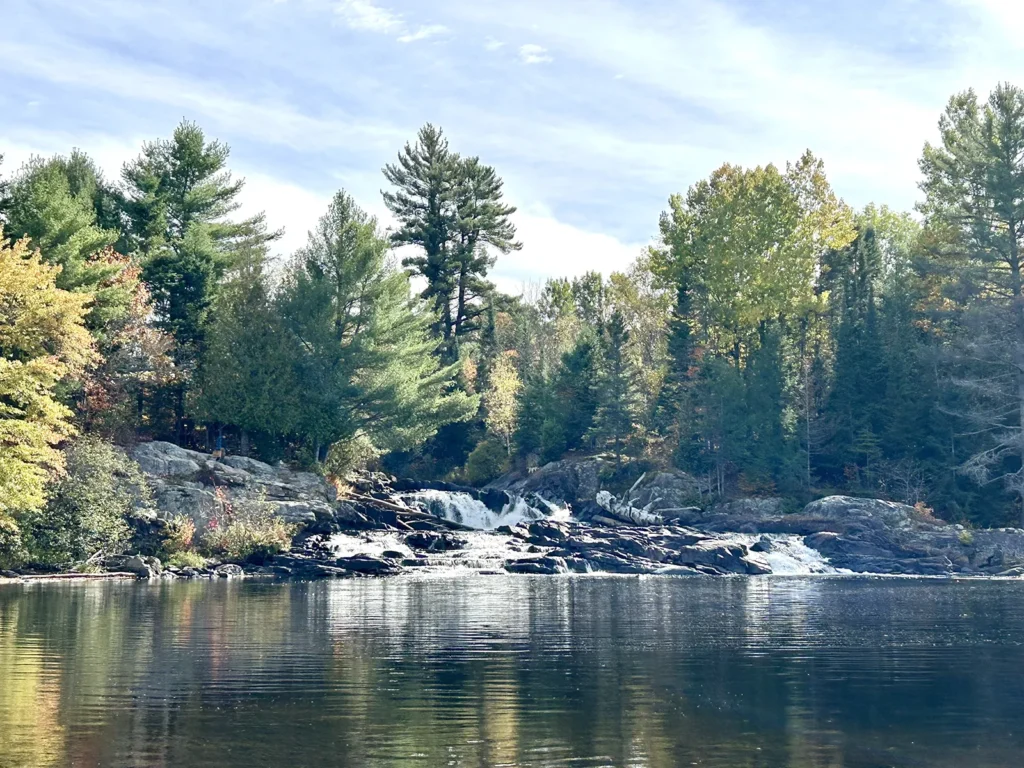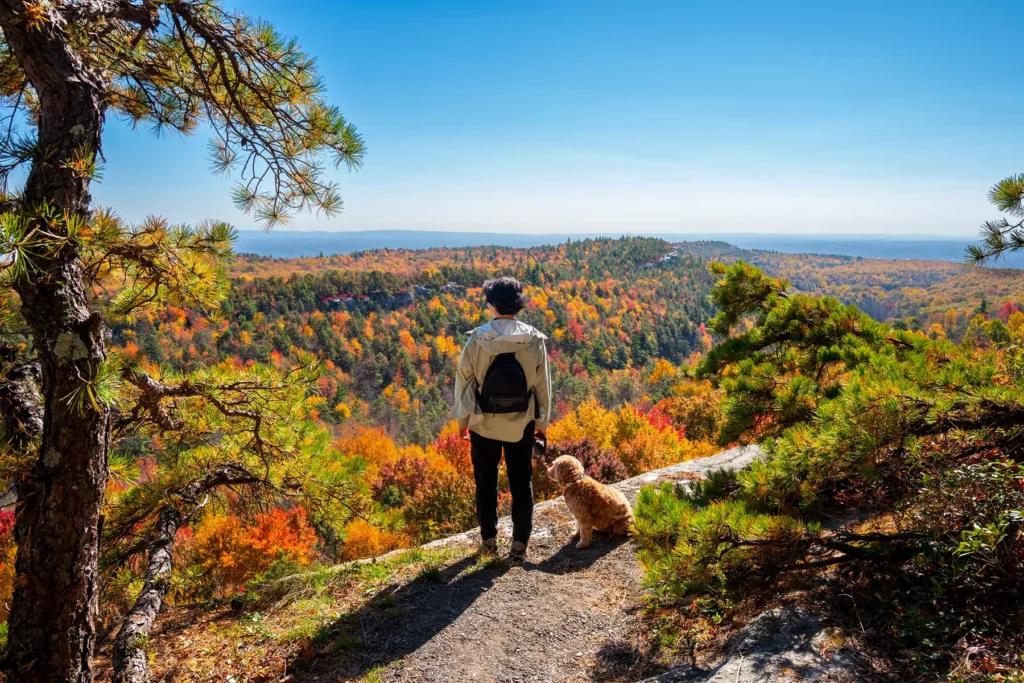Articles & Blogs

Being involved as a volunteer with a land trust is one of the most satisfying jobs I’ve ever held.
There are few volunteer activities where you can point to results that are truly permanent, as it is with protected land. The emotional rewards are just as strong, from making new friendships to seeing the tangible results of wildlife thriving in protected habitat. Spending time in nature is the best, as we all know.
Conservation only happens with hard work. As volunteers, we have to be patient and tenacious. The effort required to identify important habitat to protect, research specific properties, dialogue with owners, raise funds and secure deals is a big job. Along each step, committees and boards of volunteers must overcome various forms of resistance or objection. Even among conservation boosters, specific worries and disagreements can stand in the way of success. Every property securement should be celebrated, because I can assure you that it came at enormous effort, creativity, and determination.
We also know that conservation cannot happen without funding. Even if land is donated, a stewardship endowment fund is required. The dollars must be raised.
The work of fundraising is not for everyone. Asking people for money can be uncomfortable. Done right, it takes research, careful thought, timing and nerve. I’ve encountered many people who want to volunteer and then add “but I won’t do fundraising.” In my experience, this means we usually have a small minority of our volunteers responsible for a large majority of the requests.
In mentioning research, we have to understand the values, motivations, and passions of donors. The larger the donation potential, the more careful we need to be in understanding that prospect. Without a doubt, it is both emotional and analytical when people donate to conservation.
The good news is that recent research sponsored by the Centre for Land Conservation (CLC) gives new insights into how philanthropists view land trusts.
Conducted in May 2024, the CLC worked with an independent research consultant to survey Canadian adults who had donated to a charitable cause in the
past 24 months. This sample group of recent donors is about 36 per cent of adults. In our land trust community, these philanthropists are a key segment of the people we target to support our work.
The research found that nine in ten Canadian donors say that it is important that any charity they support be open and transparent, that it makes a tangible impact, and that it is run effectively. From a list of attributes, transparency is the number one issue of importance.
As I mentioned earlier, donors make choices on both emotional and analytical grounds.
Protecting nature connects to the feelings that people experience from hearing birdsong, enjoying a quiet paddle or seeing a young fawn. Those of us in conservation know the importance of bringing supporter prospects out on the land.
Analytically, donors are smart people. They have many worthy causes to consider. The new CLC research confirms it and provides a strategy for conservation groups to maximize success.
Beyond the emotional connection, we need to show donors that we will be wise stewards of their funds. A key piece of a successful land trust strategy now lies in a certification program offered by the CLC. Building upon the Canadian Land Trust Standards and Practices, the Conservation Excellence Certification™ gives land trusts a third-party validation to demonstrate why they are a good investment.
When asked to speculate about the impact of a certification program on their willingness to support a specific trust or not, 35 per cent say the accreditation will make them a lot more likely to support them and another 48 per cent say somewhat more. Donors will gravitate to organizations that do better and can show it.
Even more significant, the research found that larger donors (those giving $1,000 or more) are even more likely to support a charity that is accredited.
Land trusts do important work in their regions. Our planet and our communities need faster and bigger conservation. Independent land trusts should feel part of a larger movement, and accreditation from a national entity can help achieve conservation excellence. As volunteers, we can all be proud to be on this team.
By Bruce MacLellan
Bruce MacLellan has been volunteering in conservation for over 25 years, serving as board chair with both the Lake of Bays Heritage Foundation in Muskoka and the Nature Conservancy of Canada. Most recently, he is a director with the Centre of Land Conservation.

